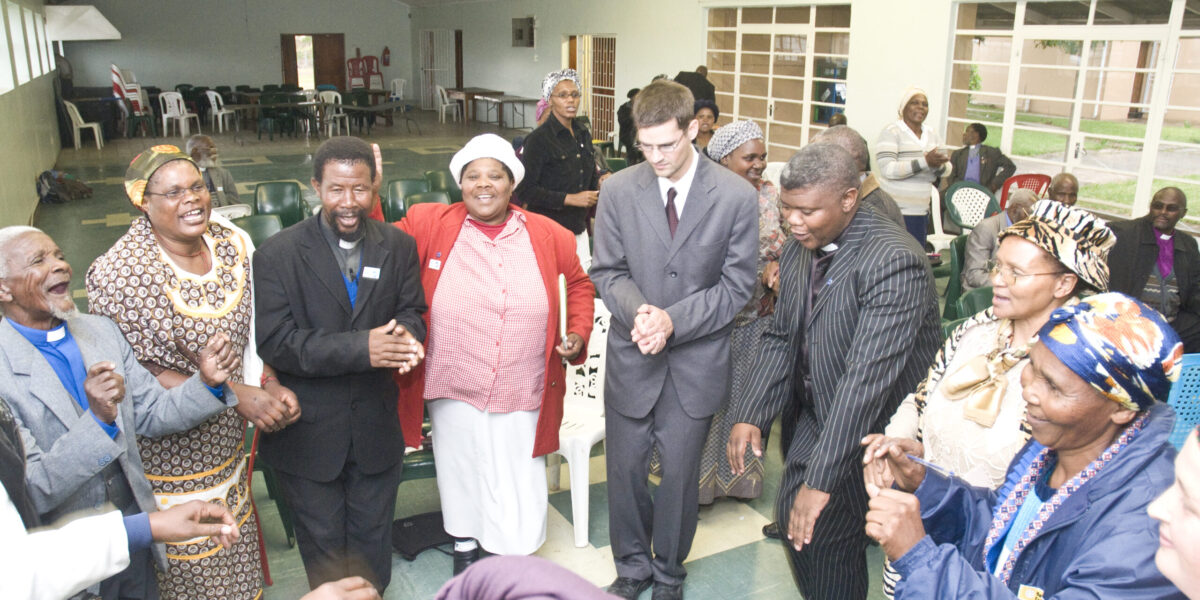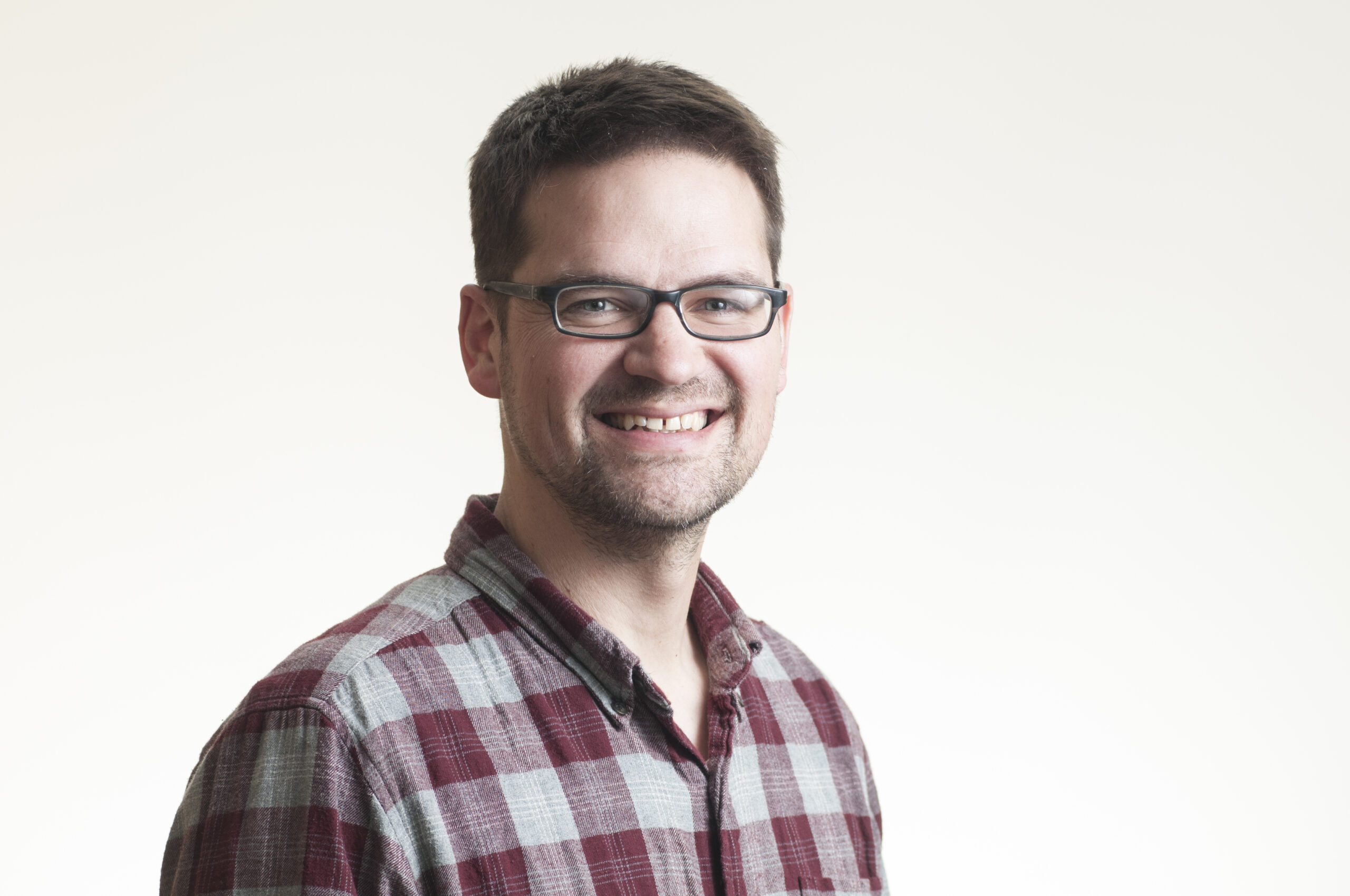Toward the goal of becoming an "anti-racist" organization, Mennonite Mission Network works with other Mennonite Church USA agencies in hosting LURE, or Learning to Undo Racism Events, for our office staff. In March, Lynda Hollinger-Janzen, writer for Mission Network, led us in a book review and discussion of White Awake: An Honest Look at What it Means to be White, by Daniel Hill, an evangelical pastor from Chicago. Through personal testimony and insights gleaned from a variety of disciplines, Hill identifies seven stages through which white persons can expect to move on the journey from unawareness to active participation in overcoming racism.
Acknowledging my white privilege
In my 40 years, I have lived in the United States of America and South Africa, two of the most notoriously racist societies in the world. The United States, having abolished slavery only in 1865, has perpetuated its legacy through racialized terror, Jim Crow, and mass incarceration. South Africa saw a tortured colonial history morph into apartheid, the white supremacist system of "separateness" based on race. Apartheid, which ended only in 1994, continues to cast its pall over that nation.
Yet I have also lived my life in the context of the church which, despite its failures, tells the story of Jesus who gave his life "for many", in order that "they may all be one" (Mk 14:24; Jn 17:20). To use the biblical metaphor that Hill employs and which the Anabaptists readily embraced, I understand salvation in Christ as a "new birth" into the love of God and the love of neighbor (Jn 3:1-10; 13:34-35). My calling and my challenge, therefore, is to "work out my salvation" from the sin of racism and toward the fellowship of the Spirit (Phil 2:12).
As I was reading Hill’s book, I encountered a couple of personal disappointments related to my understanding of my vocation. These disappointments capped an extended period of restlessness in my life and provoked moments of profound spiritual dejection. Making matters worse, I sometimes saw my dejection mirrored in children whose self-assessment rose or fell with their athletic achievement. These factors—my exposure to anti-racism education and my life situation—exposed the degree to which my dejection proceeded from unfulfilled expectations of status, success, and professional performance. These success markers were all rooted in my socialization as a white male, which taught me to expect to acquire certain life distinctions by such an age.
Being reshaped by God’s privilege
I also was moved to ponder again the age-old quandary between "grace" and "works" in the experience of salvation. As radical reformers, the Anabaptists, like the Protestant reformers, considered salvation to be God’s gift of grace in Christ. But they argued that the human being is not passive—as are infants in baptism—in the appropriation of that grace. Nevertheless, because Anabaptism prizes human responsibility in the experience of salvation, its followers may fall prey to chasing salvation "as if it were not a gift", as though what we achieve makes us loved of God (1 Cor 4:7).
To be sure, authentic faith is faith that works; "faith without works is dead" (James 2:17, 26). Yet the faith that justifies one before God is that which seeks neither earthly reward nor human praise but accepts God’s grace in Christ. That grace is the privilege of knowing Jesus—the spiritual bread of which one may eat and never be hungry (Jn 6:35).
I am still learning that the satisfaction of that security, the peace of God’s privilege, is the power that overcomes our bondage to the privilege that destroys ourselves and others in our quest for salvation.








